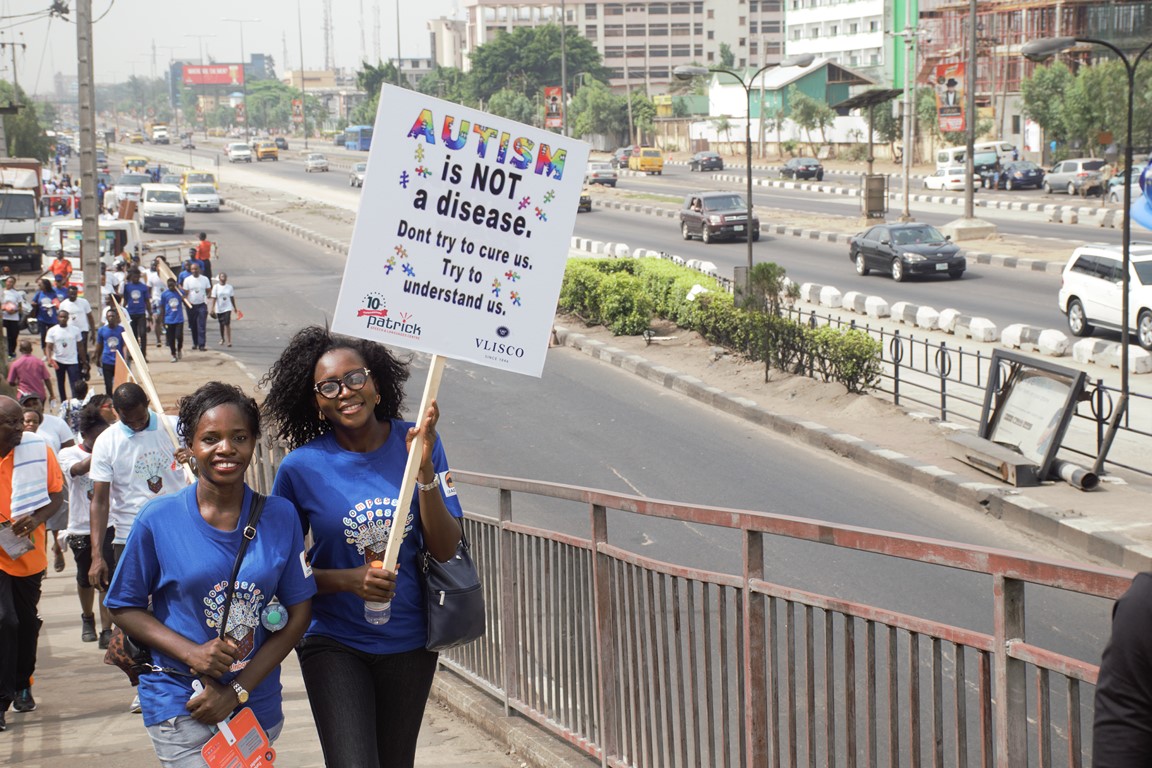“The boy was beaten to a pulp. I saw terrible injuries on his back and his dad, a pastor in the Mountain of Fire and Miracles church, said ‘if I can deliver other people, why can’t I deliver my son,'” Ranti Bala-Gbogbo, a special needs interventionist, talks about the ignorance and stigma autistic children often face.
The story of this abused autistic child is one of the many that reflect how children with autism are often treated in Nigeria.
“Nigeria is a highly religious society and there is the misconception that autism is a spiritual issue, the work of the devil,” Bala-Gbogbo says. “The kids are taken to spiritualists and are locked up, sometimes beaten.”
But autism is not a spiritual issue. It is a learning disability that affects the way the brain processes information. It generally affects speech and communication, social interaction and behaviour, the World Health Organisation (WHO) explains as the world marked the 2016 autism awareness day on April 2.
Advertisement
Dotun Akande, a special needs manager of the Patrick speech and language centre, agrees that major obstacle in autism intervention is the false idea that autism is a “spiritual attack because it is an invisible disorder”.
She says this fuels stigma and makes the parents ashamed to seek intervention – an approach that worsens symptoms.
Autism has steadily increased, with one in 68 children in the US living with it. There are no statistics for Nigeria, but Akande says in her centre alone, she sees more than 100 families with at least an autistic child. This does not include autistic children who cannot afford the intervention.
Advertisement
Yet, both Bala-Gbogbo and Akande say not a lot of schools have the facilities or trained teachers to cater to children with autism.
And when they do, she says, parents of neurotypical children – children without autism – fuel the discrimination as they tell schools to not accept children with autism.
Bala-Gbogbo says there is hope, as a decade ago, there was pervasive ignorance about autism compared to what is currently obtainable.
“Even though there is still ignorance, things are getting better now than a decade ago. More people are aware of autism and seeking early intervention.”
Advertisement
Both specialists agree that early intervention, while not a cure, can help an autistic child live a more fulfilling life.
According to the US national autism association, there is no cure for autism, though with early intervention and treatment, the diverse symptoms related to autism can be greatly improved and in some cases completely overcome.
Add a comment






